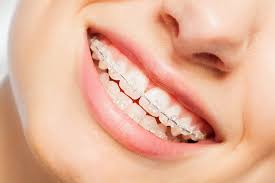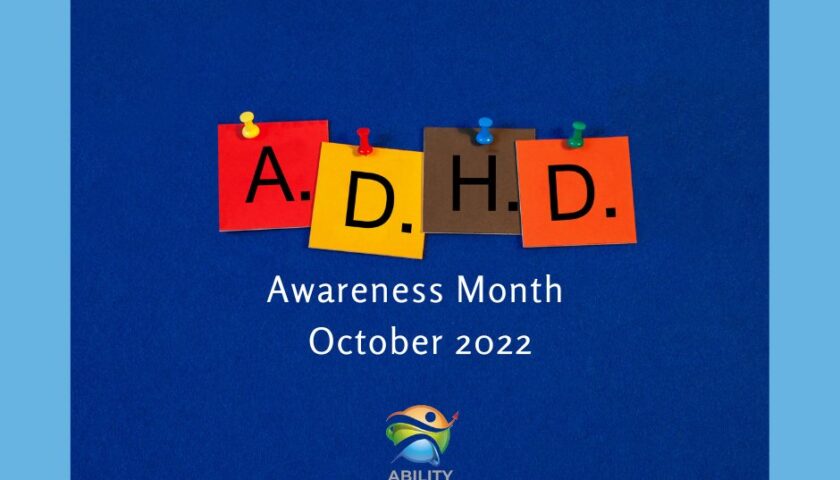Vitamin C, also known as ascorbic acid, is a crucial nutrient that our body needs for various functions. Whether you’re sipping on some freshly squeezed orange juice, popping a supplement, or incorporating more fruits and vegetables into your meals, you’re absorbing this powerhouse element into your body. This essential vitamin plays a significant role in our overall health and bodily functions, from aiding in iron absorption, forming collagen, maintaining our skin’s integrity, to boosting our immune system. Despite being such an integral part of our dietary intake, there are several misconceptions about how and when to consume vitamin C, which we’ll clarify in the subsequent sections.
Understanding the Functions of Vitamin C in the Body
Let’s delve a bit deeper into how exactly vitamin C works within our bodies. Often lauded for its immune-boosting properties, vitamin C is actually a multifaceted nutrient involved in many different bodily processes. When consumed, it acts as an antioxidant, warding off harmful free radicals that can damage cells and lead to chronic diseases. Furthermore, it plays a fundamental role in the production of collagen, an essential protein for healthy skin, hair, nails, and connective tissues.
In terms of absorption, vitamin C is water-soluble, meaning our body doesn’t store it, so constant replenishment is required. However, absorption isn’t an instantaneous process. It takes time for vitamin C to be fully absorbed and put to work. Overconsumption isn’t the answer, as our bodies can only absorb a certain amount at a time, and the excess is excreted. Hence, the timing of vitamin C intake is of interest and invites discussion.
Examining the Argument: Consuming Vitamin C Right After Waking Up
As we examine the argument for consuming vitamin C right after waking up, it’s necessary to look at the reasons behind this practice. Some people believe that starting the day with vitamin C allows you to replenish your body’s supply after overnight fasting, preparing you for the day ahead. Moreover, aligning vitamin C intake with your body’s circadian rhythm might enhance its benefits.
Scientifically, the argument is that cortisol, a stress hormone that naturally spikes in the morning, could be effectively counterbalanced with vitamin C because it helps regulate stress and supports adrenal gland functions. It is also suggested that having an empty stomach in the morning might allow for higher absorption capacity—although this concept needs rigorous scientific backup.
A few studies do indicate potential benefits of morning intake, yet it’s important to remember that research in this area is ongoing, and results should be read through a discerning lens. The effects on the general public may vary depending on a multitude of factors like individual metabolism, diet, and overall health status.
Countering the Argument: Consuming Vitamin C at Different Times of the Day
On the flip side, there are voices questioning the morning equals best practice and advocating for vitamin C consumption at different times throughout the day. Critics argue that since the body doesn’t store vitamin C, it’s better to consume it in smaller doses throughout the day to ensure a consistent supply. They suggest that your intake could be aligned with meals or snacks to reduce the risk of potential stomach upset.
There is scientific evidence to back this argument. Certain studies suggest that the body’s capacity to absorb vitamin C is somewhat limited, so spreading out your intake could potentially see greater overall absorption. What’s significant here is the principle of ‘bioavailability’, implying that having too much at once could result in unabsorbed excess that the body will simply excrete.
Again, what’s important here is to remember that recommendations can vary widely based on individuals and that the ‘best’ time is likely to differ depending on one’s specific needs and circumstances.
Pros and Cons of Taking Vitamin C After Waking Up
Taking vitamin C after waking up does have certain pros and cons. On the positive side, it could give your immune system a much-needed early morning boost, help shake off morning grogginess, and potentially counter stress hormones. What’s more, starting your day with a nutrient-rich choice could encourage a pattern of healthy eating throughout the day.
However, there are potential downsides to consider. Taking vitamin C on an empty stomach might cause digestive discomfort like stomach cramps or heartburn in some people. Also, if you were to consume a large amount in one go, your body might not absorb it all, meaning part of your dose goes to waste.
It’s also worth noting that individual responses to vitamin C can vary significantly. Some people might find that an early morning dose works wonderfully for them, while others might experience better outcomes with afternoon or evening consumption. At the end of the day, it’s all about understanding your body and what works best for it.
Expert Opinions: What do Nutrition Experts suggest?
When it comes to consuming vitamin C, expert opinions can provide valuable insights. Most nutritionists and health professionals agree on the importance of this nutrient for overall health, but when it comes to the timing of ingestion, opinions can vary.
Many suggest aligning vitamin C consumption with meals, not just for better absorption but also because vitamin C can enhance the absorption of other nutrients, like iron, which is often included in meals. Some experts also suggest dividing the dosage throughout the day to maintain a consistent level in the body.
Furthermore, it’s essential to consider that optimal amounts of vitamin C intake can depend on a variety of factors, such as age, gender, dietary habits, and overall health status. Therefore, it’s always advisable to seek individualized advice from a healthcare provider or a nutritionist.
The one point that all experts agree on? Our main source of vitamin C should ideally be fresh, whole foods and not solely supplements. Supplements, if needed, should be considered as an addition and not a replacement for a balanced diet.
Key Takeaway
As we draw conclusions from the various studies and expert observations on vitamin C consumption, it becomes apparent that there isn’t necessarily a definitive ‘one-rules-all’ timing that could be unconditionally recommended. Whether you choose to consume vitamin C right after waking up or spread out throughout the day, it seems the focus should be more on consistency of intake rather than the specific hour of consumption.
Weighing in on the research and expert advice, it would seem advisable for most people to consume vitamin C in a way that suits their daily routine, dietary habits, and overall health. Remember, every individual is unique and what works best for one person may not necessarily be suitable for another.
In conclusion, while taking vitamin C after waking up might work wonders for some, it’s essential to ensure that such a practice aligns well with your individual health needs and doesn’t cause any discomfort. Always ensure to maintain a balanced view of the information available, tailor it to your personal needs, and when in doubt, seek professional advice.





